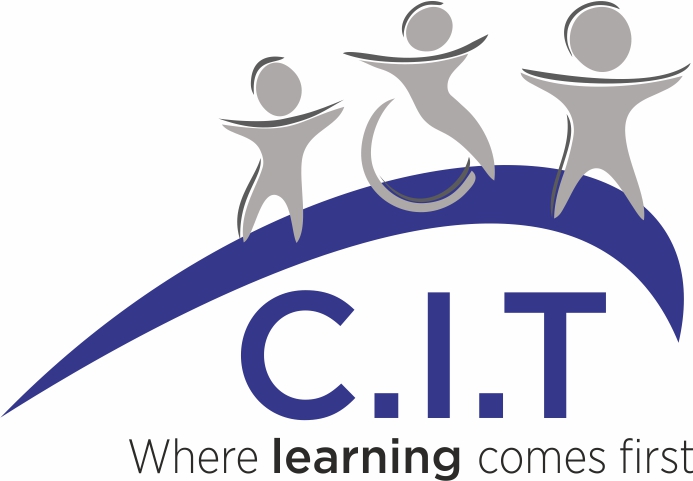Ethics and Philosophy
Staff
- Mrs S Bence (RCT Head of EP)
- Mrs A Angell
Ethics and Philosophy matters at Carre’s Grammar School.
The 21st century brings with it new and exciting developments in the realms of science and technology. Little time is often found to reflect as the changes are sometimes too fast for many of us to keep up with. Ethics and Philosophy gives the students the opportunity to reflect upon the changes to our society, to wonder why and ask questions about our very existence. Students need to explore the ultimate questions of human existence as well as reflect upon their own experiences, values and beliefs.
The Ethics and Philosophy Department at Carre’s Grammar School aims to promote the spiritual, moral and philosophical dimensions of human existence; to enable students to develop their own spiritual, philosophical beliefs and moral values whilst remaining sensitive to the views and beliefs of others.
During their Ethics and Philosophy lessons students are given the opportunity to:
- acquire knowledge and understanding of the beliefs and practices of Christianity and other world religions
- be aware of and respond to life experiences, technological advances and the questions they raise
- to evaluate the significance of religious concepts, beliefs and practices through an ability to express personal opinions based on the use of appropriate evidence and argument
- develop sensitivity towards the worldviews of other people.
Courses
Ethics and Philosophy is open to all at Carre’s…..it matters not whether a pupil is a believer, non-believer, or is just sitting on the fence making up their mind. We use a variety of teaching and learning activities, including: discussion; group work; case studies; questionnaires; research; art work; reflection and the development of listening and thinking and reasoning skills.
Schemes of Work
Key Stage 3
Our Key Stage 3 course utilises the Lincolnshire Agreed Syllabus for Religious Education, Big Ideas for Religious Education as a basis for planning and to supplement the recommendations from the RE Ofsted Subject Review.
The curriculum is thematically based, with each topic focusing on an Enquiry Question. Students throughout the course will develop the substantiative knowledge needed and develop disciplinary skills from theology, philosophy and the social sciences to answer the enquiry question.
The curriculum ensures the golden threads of the nature of God, justice, salvation and community run throughout the EP curriculum.
In Year 7 we include the following units of work:
- What are Worldviews?
- What impact does religion have on the world?
- What effect do moral/ethical decisions have on human behaviour?
- Are religious teachings on justice relevant today?
- How does the Hindu view of the divine differ to the Abrahamic faiths?
In Year 8 the following units are included:
- Does Technology challenge the value of human life?
- Is it important to remember the bad times as well as the good?
- Whose responsibility is it to help those in need?
- Can belief in God be rational?
In Year 9 the following units are included:
- Do all humans have the same rights?
- Is this life all there is?
- Is punishment for crimes only in this life or the next?
- Are miracles relevant to society today?
- The Spirited Arts National Competition
Key Stage 4
At Key Stage 4 all students follow a Core RE programme for one lesson a week. This is non examined but students can explore key ideas and to develop their evaluation and communication skills.
Year 10 topics:
- How do worldviews influence responses to conflict and peace?
- Does evil and suffering have a purpose?
- What does it mean to be a Humanist or Atheist today?
- What is business ethics?
Year 11 topics:
- Can we prove God’s existence?
- What impact do worldviews have on life issues?
- If religious truths are revealed by God, how can they change?
Students can also opt to complete the Full Course GCSE Religious Studies. We follow the AQA GCSE Religious Studies (Specification A) covering the following topics:
Paper 1
Beliefs and Practices of both Christianity and Islam.
Paper 2
Four out of the following themes:
- Relationships and Families
- Religion and life
- Arguments for the Existence of God
- Conflict and Peace
- Crime and punishment
- Human Rights and Social Justice
At the end of Year 10, all students have the opportunity to attend the Holocaust Memorial Centre to enhance their understanding of both prejudice and the problem of evil and suffering.
Key Stage 5
At Key Stage 5 students can opt to study the popular AQA Religious Studies A Level, which includes studying elements of Philosophy of Religion, Religious Ethics and Christianity modules.
The teaching is shared between Carre’s Grammar School and St George’s Academy.
They will cover the following 2 units:
Philosophy of Religion and Ethics
Arguments for the existence of God; Evil and Suffering; Religious Experience; Religious language; miracles and the self, death and the afterlife.
The ethical theories of Natural Moral Law, Situation and Virtue Ethics; Issues of human and animal life and death (embryo research; cloning; abortion; euthanasia; capital punishment; the status and rights of animals; blood sports); Meta Ethics; Free will; conscience and a comparison of the
views of Bentham and Kant.
Study of Religion and dialogues
Sources of wisdom and authority; God/gods/ultimate reality; self, death and the afterlife; Good conduct and key moral principles; expression of religious identity; religion and gender, sexuality, science, secularisation and religious pluralism. This paper also includes a consideration of the dialogues between philosophy of religion, ethics and religion.
Throughout the course there are numerous opportunities to attend renowned National Conferences with leading Philosophers.



